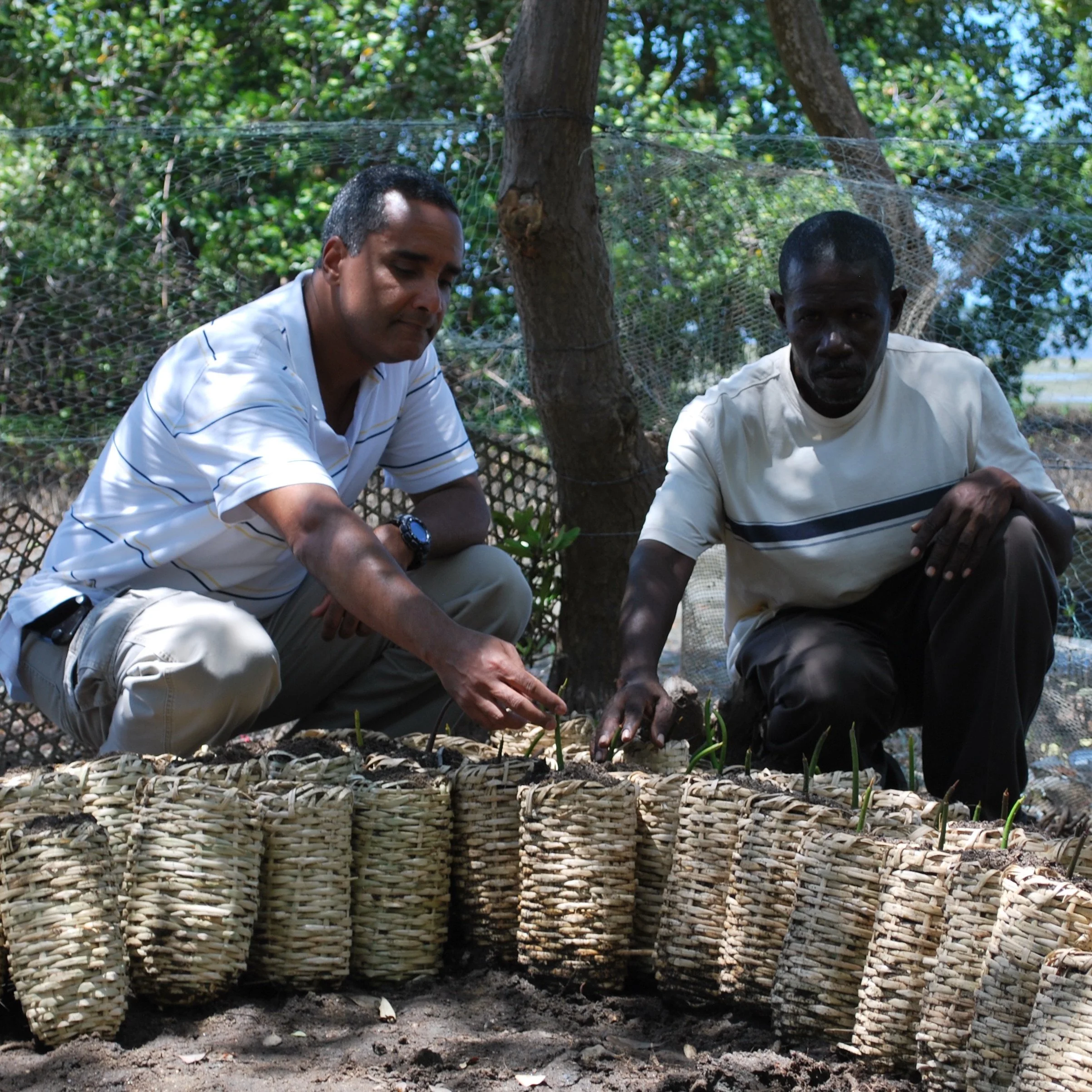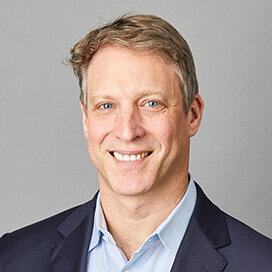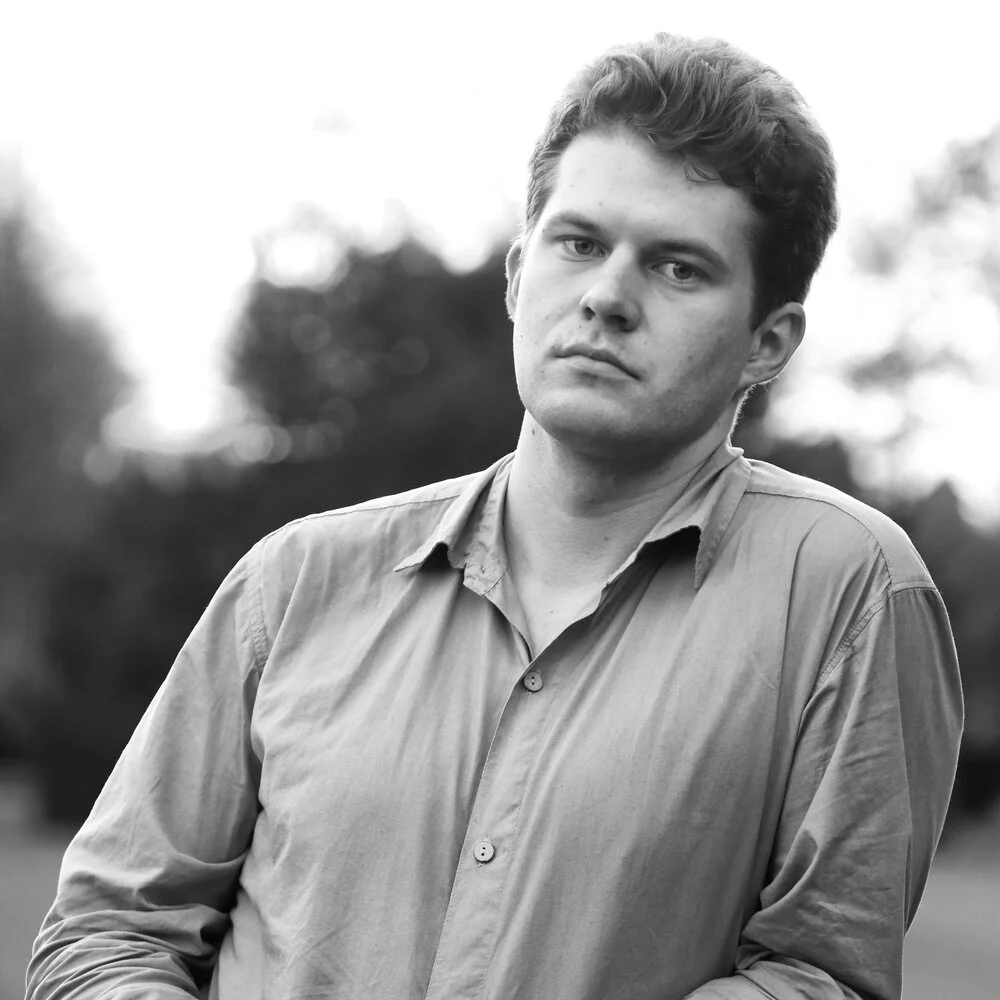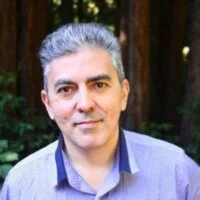(Highlights) JEAN WEINER
/Goldman Environmental Prize Winner
Founder of Fondation pour la Protection de la Biodiversité Marine in Haiti
We’re coming out of one of the worst times for resource exploitation, waste and everything related to that waste of resources, so trying to set the example, especially for my kids, recycling, trying to be reasonable about purchasing things, about where things end up after you’re done using them, just in general being careful about what you do, what impacts there are down the line. Even for them already, they’re 18 and 20 now–What are you going to do to try to protect the planet for your kids? Already trying to put that mindset for them because it’s very difficult for our generation to change the way it has done things for so long, but trying to at least bring that change. Be responsible, be reasonable, think about the impacts.












